Home > Study Material
Welcome to Daily News Analysis, your singular resource for UPSC CSE/PCS current affairs. Grasp the importance of staying updated for your UPSC/PCS journey.
Daily News Analysis presents essential news from top sources like The Hindu, Indian Express, Business Standard, and PIB, curated in line with the UPSC/PCS syllabus. Our expansive coverage includes Politics, Economics, Science & Technology, Environment, International Relations, and Governance.
Promptness and ease. We provide the day's news by 12:30 PM, serving as a consolidated, updated information hub. With Daily News Analysis, you lead the pack, equipped with trustworthy current affairs content.
Our platform's user-friendly design integrates your daily current affairs preparation into your study regime seamlessly. Explore an array of content - articles, summaries, infographics - to bolster your understanding of worldwide events.
Empower yourself with knowledge and self-assurance, and acquire a competitive advantage with Daily News Analysis. Embark on your journey towards UPSC/PCS triumph today. Remain informed, remain ahead, every single day with Daily News Analysis! Particularly beneficial for UPSC Mains, Daily News Analysis provides detailed analysis of news along with facts, catering to the broader UPSC and PCS examinations.

Daily News Analysis for UPSC | Current Affairs for UPSC Preparation | Dhyeya IAS / 06 Nov 2025
Explore India’s shift from ensuring basic food availability to achieving full nutrition security through science‑based policy, integrated welfare schemes and targeted interventions that address hidden hunger, micronutrient deficiency and sustainable dietary diversity..
View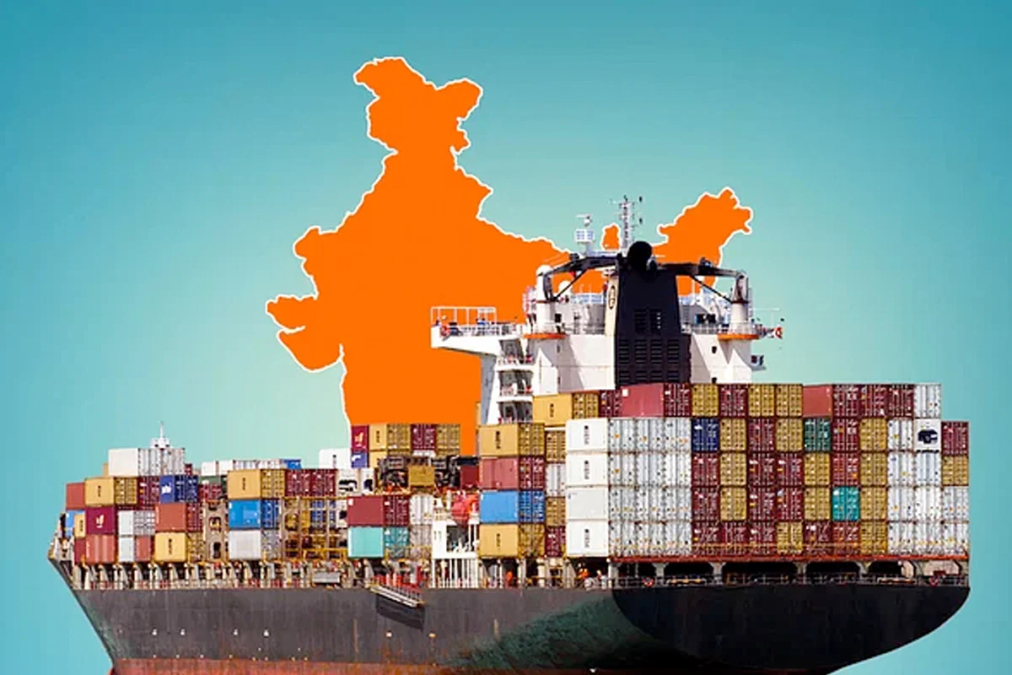
Daily News Analysis for UPSC | Current Affairs for UPSC Preparation | Dhyeya IAS / 05 Nov 2025
Dive into India’s ambitious Maritime Amrit Kaal Vision 2047 – a roadmap of over 300 initiatives aimed at transforming the nation into a global maritime hub by 2047 through port‑led growth, green shipping and seamless logistics..
View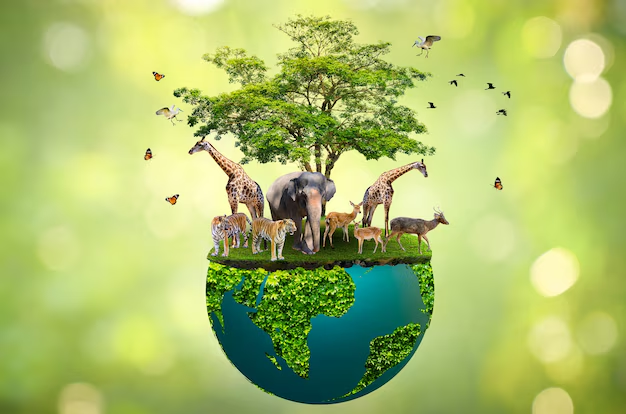
Daily News Analysis for UPSC | Current Affairs for UPSC Preparation | Dhyeya IAS / 04 Nov 2025
Explore India’s network of 18 biosphere reserves, how they balance biodiversity protection with community‑led sustainable development, and their role as living laboratories for research, climate resilience, and inclusive growth.
View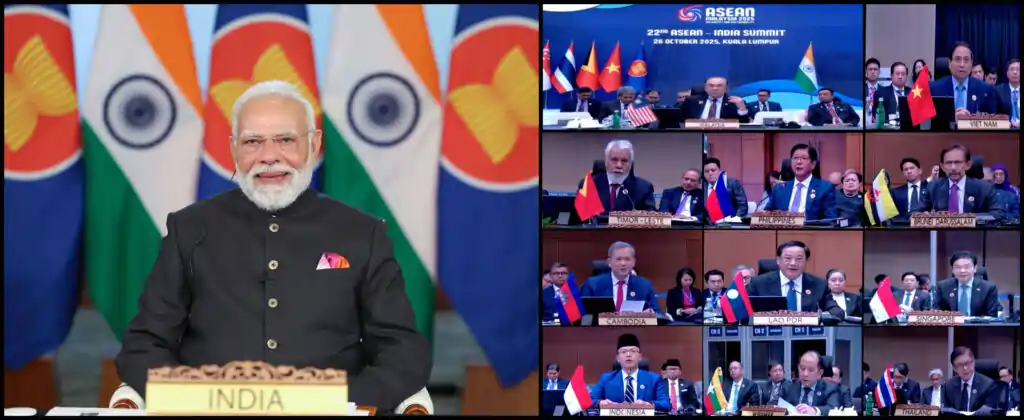
Daily News Analysis for UPSC | Current Affairs for UPSC Preparation | Dhyeya IAS / 03 Nov 2025
Explore how the Association of Southeast Asian Nations (ASEAN)‑India Summit 2025 in Kuala Lumpur laid out a roadmap for digital cooperation, maritime security and strategic connectivity, heralding the 2026 Year of ASEAN‑India Maritime Cooperation..
View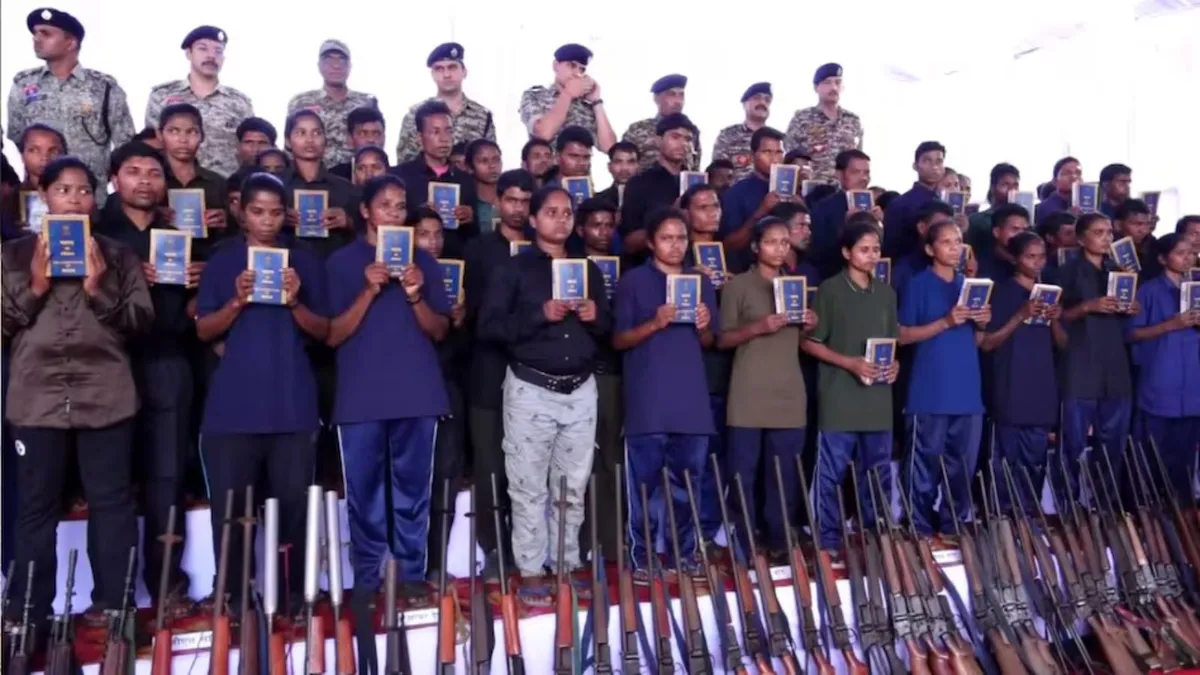
Daily News Analysis for UPSC | Current Affairs for UPSC Preparation | Dhyeya IAS / 01 Nov 2025
Discover how India’s multi‑pronged strategy—combining security operations, infrastructure expansion, financial network disruption and community trust‑building—is reshaping the fight against Left‑Wing Extremism and paving the path for sustainable peace..
View
Daily News Analysis for UPSC | Current Affairs for UPSC Preparation | Dhyeya IAS / 31 Oct 2025
Discover how the Jal Jeevan Mission is catalysing rural India’s transformation by delivering functional tap connections to over 15.7 crore homes, boosting health, gender equality and community empowerment..
View
Daily News Analysis for UPSC | Current Affairs for UPSC Preparation | Dhyeya IAS / 30 Oct 2025
Explore India’s rapid rise in elderly population and the associated health, economic, infrastructure and social challenges — and the need for a robust national policy framework to secure dignity and welfare for seniors..
View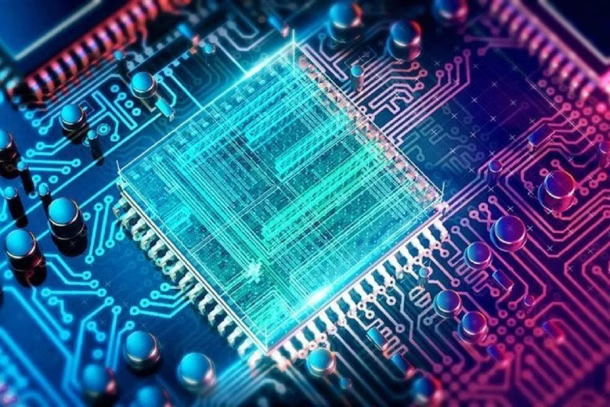
Daily News Analysis for UPSC | Current Affairs for UPSC Preparation | Dhyeya IAS / 29 Oct 2025
Delve into India’s flagship India Semiconductor Mission and the indigenous SHAKTI 7 nm processor initiative by IIT Madras, which together mark a strategic move toward chip‑design sovereignty and cutting‑edge manufacturing by 2028..
View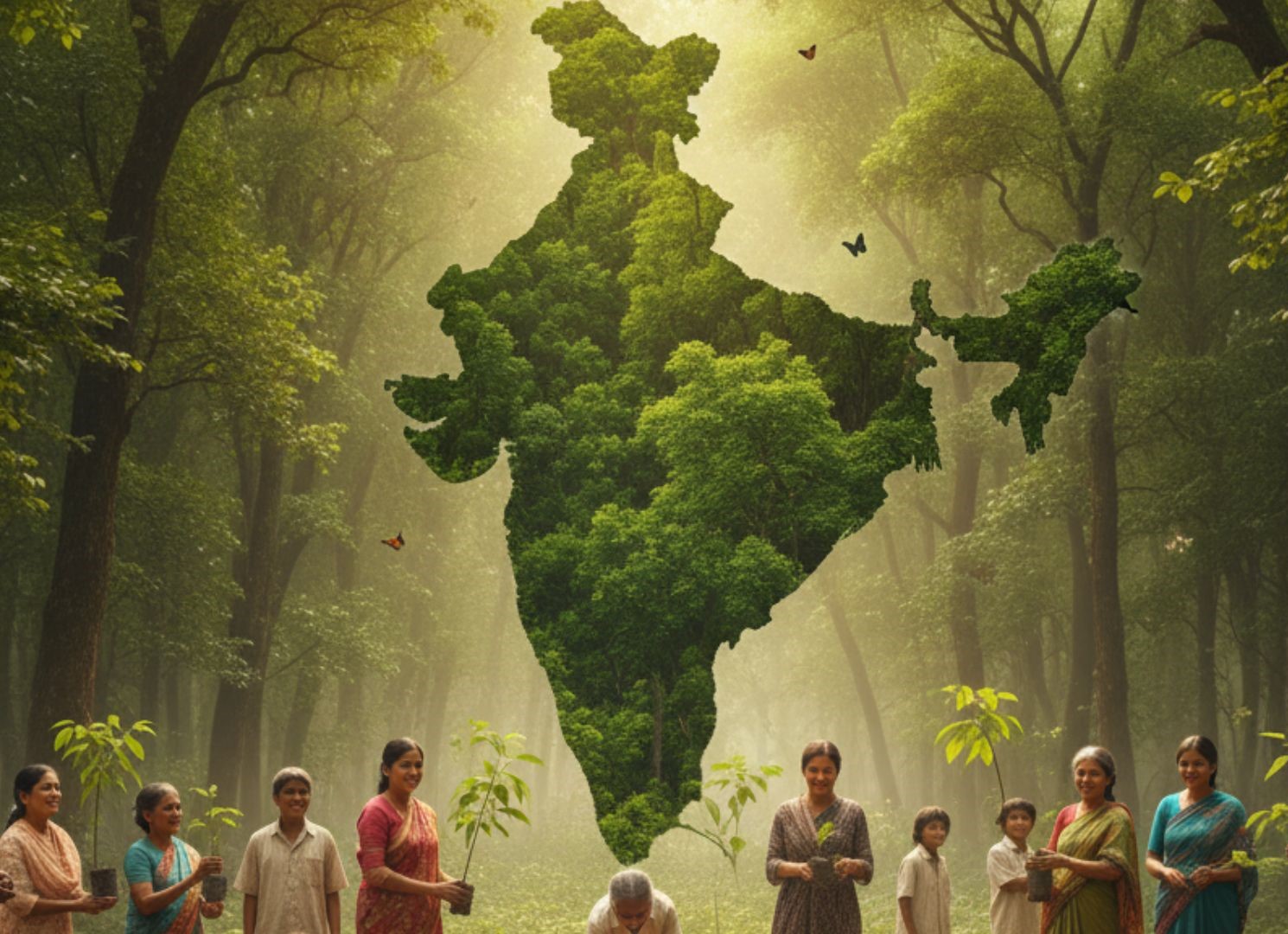
Daily News Analysis for UPSC | Current Affairs for UPSC Preparation | Dhyeya IAS / 28 Oct 2025
India has achieved a significant global milestone in environmental conservation. According to the Global Forest Resources Assessment (GFRA) 2025 released by the Food and Agriculture Organization (FAO), India now ranks 9th in total forest area and continues to hold the 3rd position globally in net annual forest area gain. The report, published during the Global Forest Observations Initiative (GFOI) Plenary in Bali, reflects India’s sustained commitment to afforestation, sustainable forest management, and climate action..
View
Daily News Analysis for UPSC | Current Affairs for UPSC Preparation | Dhyeya IAS / 27 Oct 2025
Explore how India is addressing deepfakes through proposed amendments in IT rules, focusing on labeling, verification, and ethical AI governance to ensure responsible use of synthetic content and maintain digital trust..
View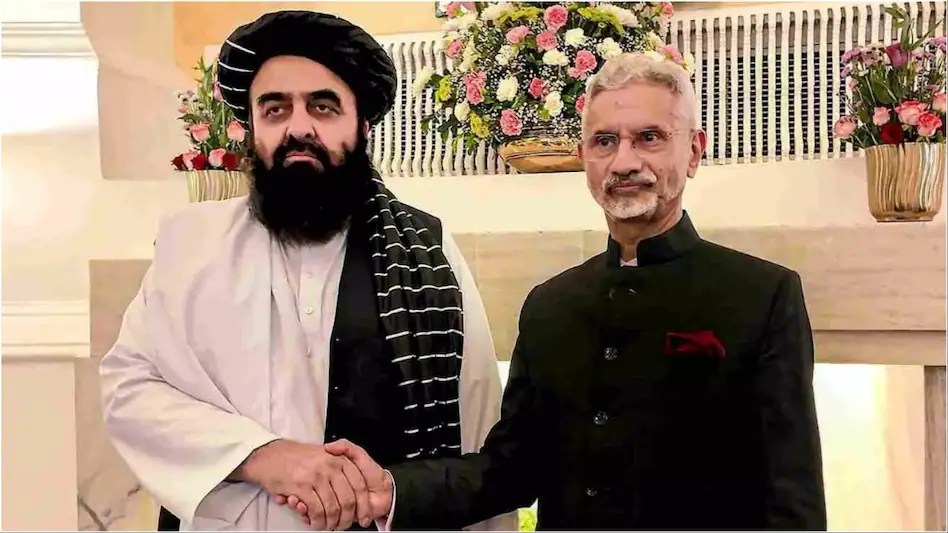
Daily News Analysis for UPSC | Current Affairs for UPSC Preparation | Dhyeya IAS / 25 Oct 2025
Explore how India balances strategic interests, security concerns and humanitarian outreach in its pragmatic engagement with Afghanistan’s Taliban‑led regime—without formal recognition. Read the detailed analysis on Dhyeya IAS..
View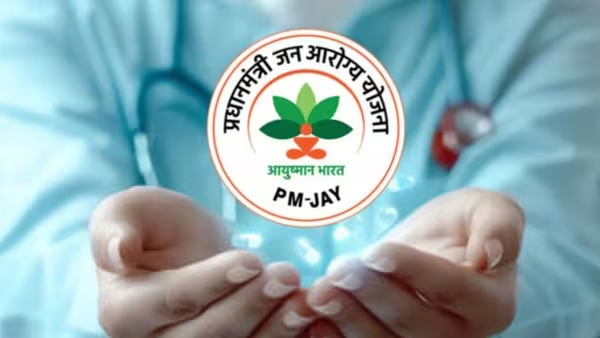
Daily News Analysis for UPSC | Current Affairs for UPSC Preparation | Dhyeya IAS / 24 Oct 2025
Explore how the Ayushman Bharat initiative has expanded secondary/tertiary care, yet primary care and the “missing middle” remain under‑served. Learn about structural gaps, public–private dominance, and reform priorities on Dhyeya IAS..
View